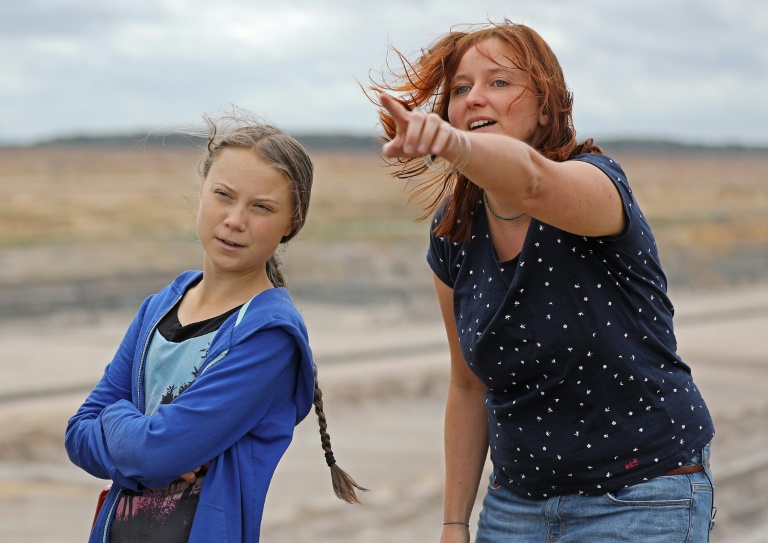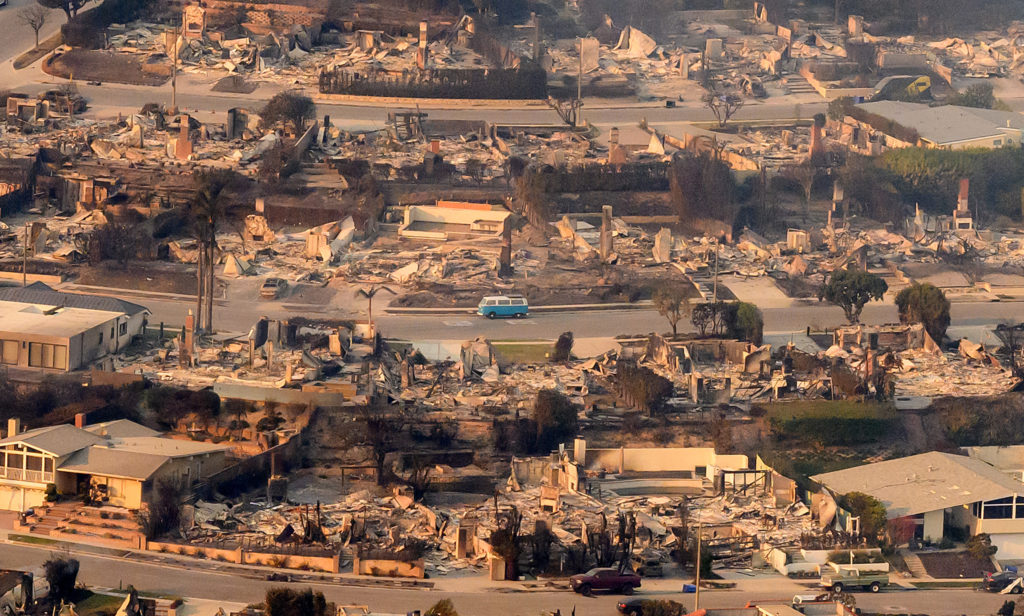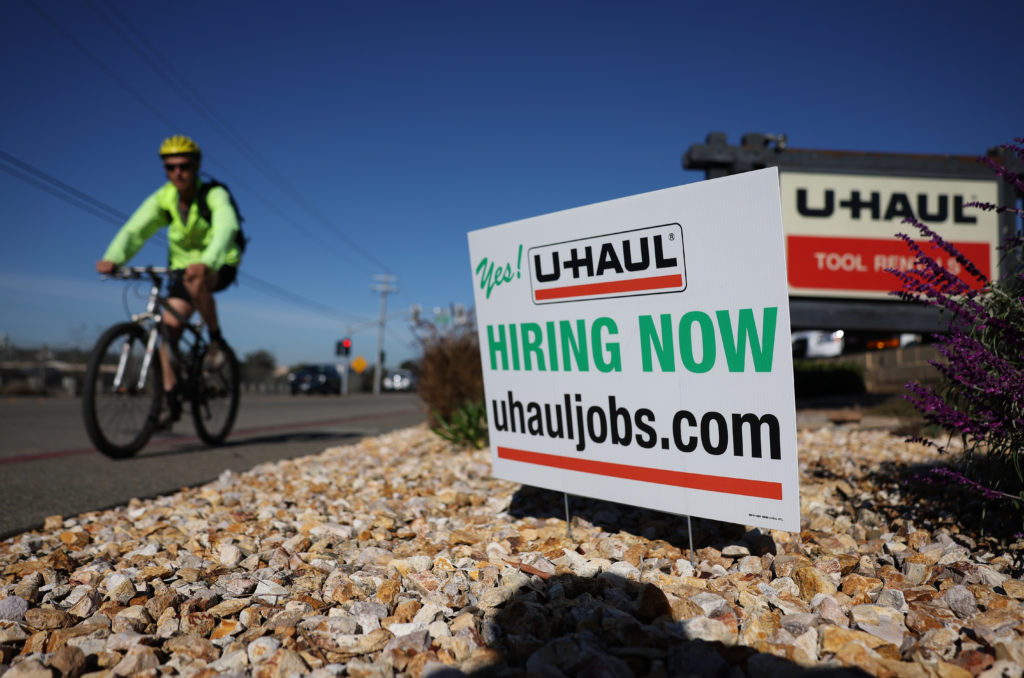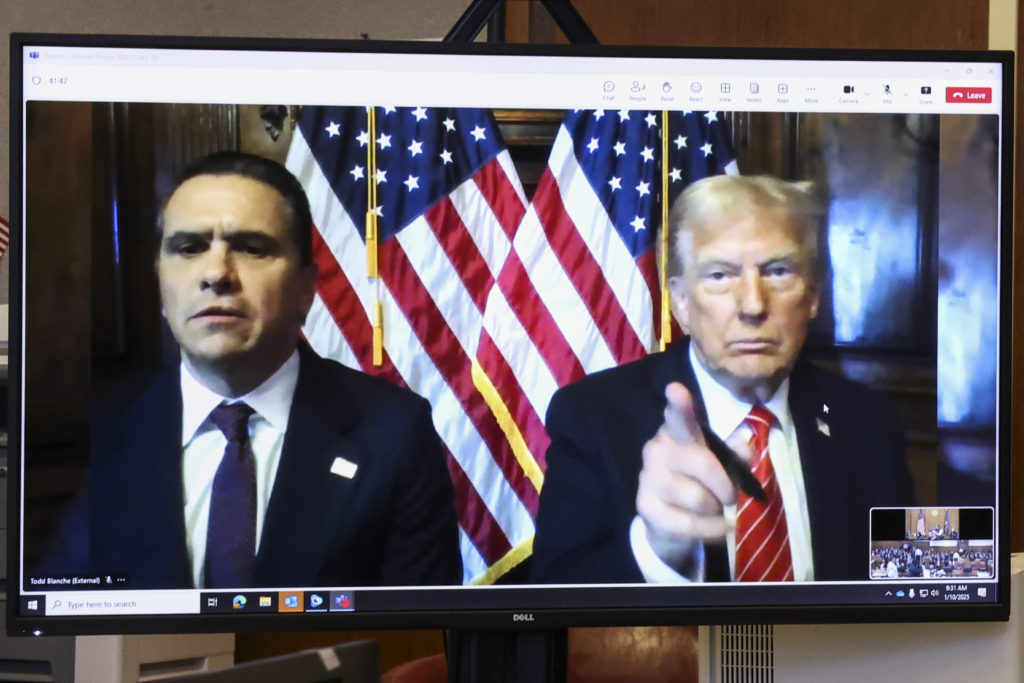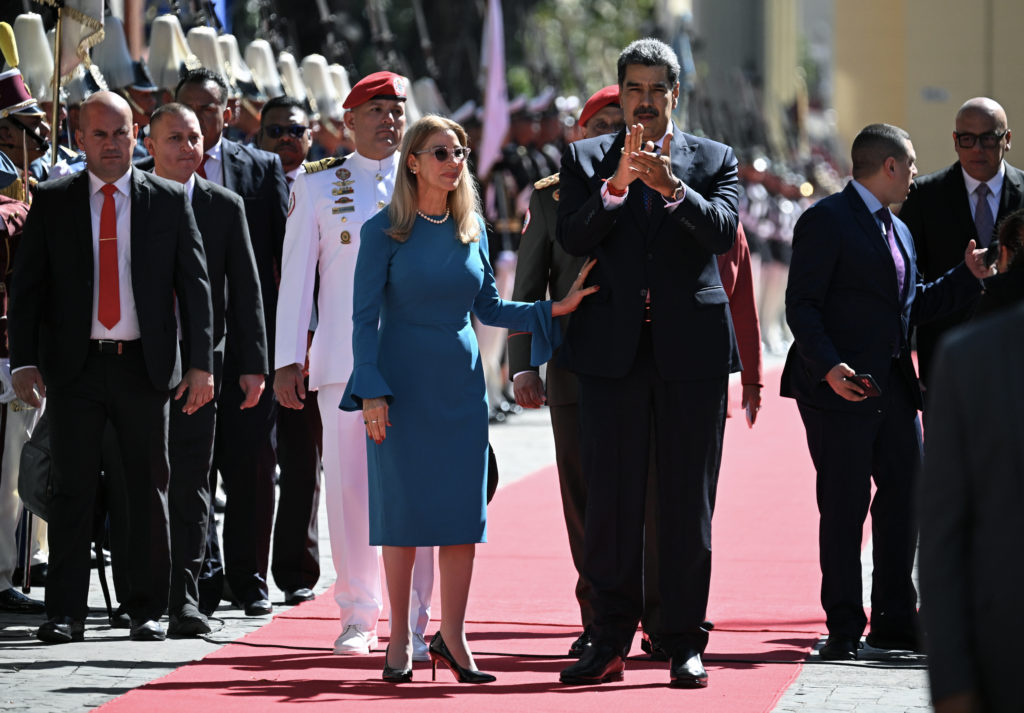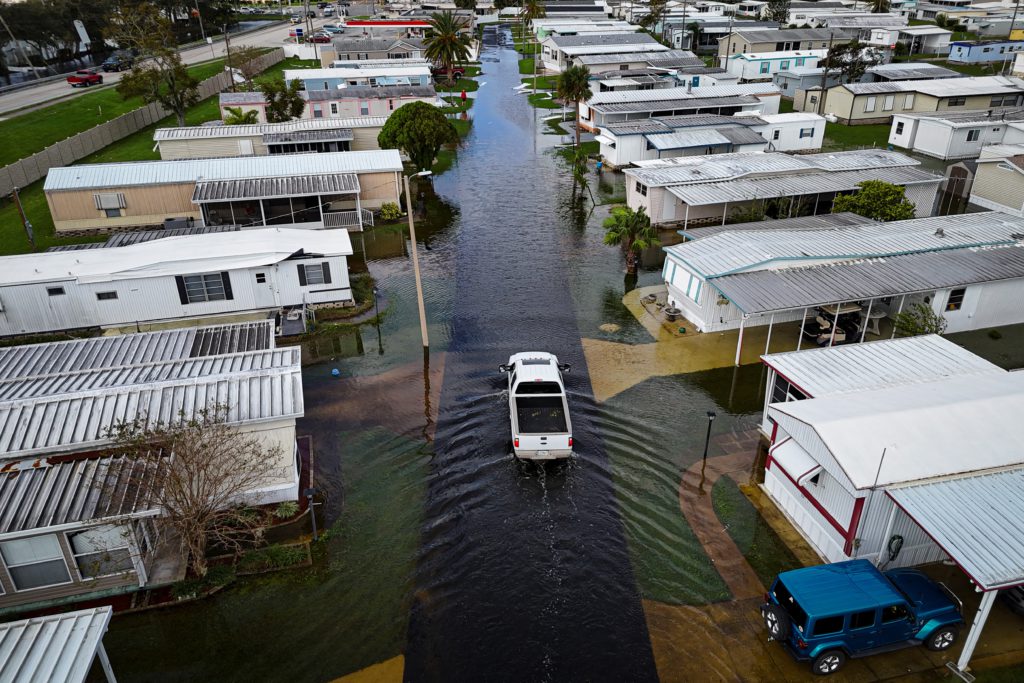Dressed in a rainbow-coloured unicorn costume, Kathrin Henneberger once camped on a beech tree, trying to save a forest from destruction. Come Monday, she hopes to be one of Germany’s newly elected MPs.
The 34-year-old counts among one of Germany’s most prominent climate militants standing in Sunday’s general elections for a seat in parliament.
After years of occupying coal mines or blocking power stations, Henneberger and other activists now want a direct say in the halls of power.
Like Henneberger, Jakob Blasel, who co-founded the German chapter of Fridays for Future school strikes, is running on the Greens’ ticket.
“The places where decisions are made are decisive for our demands,” Blasel, 20, told AFP.
Blasel pointed to recurring droughts in 2018-2019 and July’s deadly flooding as evidence that the impact of climate change has already reached the doorstep of every German.
The floods that struck western Germany over the summer claimed 181 lives and destroyed homes, schools and other critical infrastructure.
In the south of Germany, scientists in the Bavarian Alps this year issued another alarming warning of irreversible damage wrought on nature.
Sitting on a cliff on Germany’s highest summit, the Zugspitze, the environmental research station Schneefernerhaus has an unparalleled view over one of the biggest symbols of climate change in the country: disappearing glaciers.
“Look, we can see that in some areas there is no more snow,” said Inga Beck, 37, spokeswoman for the research station, standing in front of a window that looks out at the Schneeferner Nord glacier — the country’s biggest.
The pace of the melting has been accelerating. A report published in April by Bavaria’s environment ministry estimates that 250 litres of water are oozing out of the glacier every 30 seconds.
In 10 years, the eternal ice cap on the German Alps would be consigned to history.
“Everything has to be done to prevent” further temperature rises, said Blasel.
And Henneberger has tried almost everything.
– ‘No longer needed’ –
“I occupied the mines, blocked the construction of power stations,” said the activist, who has been detained for her militant acts.
“A new young generation has become active here now. I am no longer needed,” said Henneberger, standing at the Garzweiler mine where she once faced off against an excavator.
“But this generation, especially Fridays for Future, needs parliamentarians who take them seriously,” she said.
“The fossil industry is already at the Bundestag (parliament) and there is a very strong lobby there,” said Henneberger, who joined a local Greenpeace group at age 13 and has stayed active ever since.
Their strategy now is to effect change from within.
But their demands for tougher environmental protection policies puts them at the radical edge of even their own party.
But they also face criticism from the Fridays for Future movement, which has said the Greens’ official programme falls short of what is needed to stick to the 1.5 degree Celsius temperature rise outlined in the Paris climate accord.
Germany’s Green party wants to end coal energy usage by 2030 instead of the current 2038. It also wants the production of combustion engine cars to end from the same year.
Critics have already sought to portray the Greens as a “prohibition party” that will lead to rises in petrol, electricity and air ticket prices.
With thousands of jobs in the balance, it remains to be seen how the demands from the young activists would play with Germany’s army of older voters.
While younger voters are leaning Green, under-30s only make up around 15 percent of the electorate while the above-60s make up 38 percent.
– Don’t stop protesting –
With just days to go until the vote, Henneberger and Blasel will both join this week’s worldwide Fridays for Future protests. Greta Thunberg, who inspired the movement, is also due in Berlin for the march.
Earlier in the week, Henneberger was joined on her bicycle campaign tour by a deputy mayor of Moenchengladbach, Hajo Siemes.
Once an active militant against nuclear proliferation, the Greens party member for four decades said Henneberger’s past will not hurt her possible future as a lawmaker.
“Many of us came from movements and were in the streets,” he said.
Henneberger underlined the importance of that kind of activism, saying that even while sitting in the Bundestag, she needs protesters outside to help keep the pressure on.
“We need those who will occupy sites, others who organise demonstrations or launch popular initiatives,” she warned.
“Just because there are a few more people in parliament, it doesn’t mean that we can then stop protesting.”

